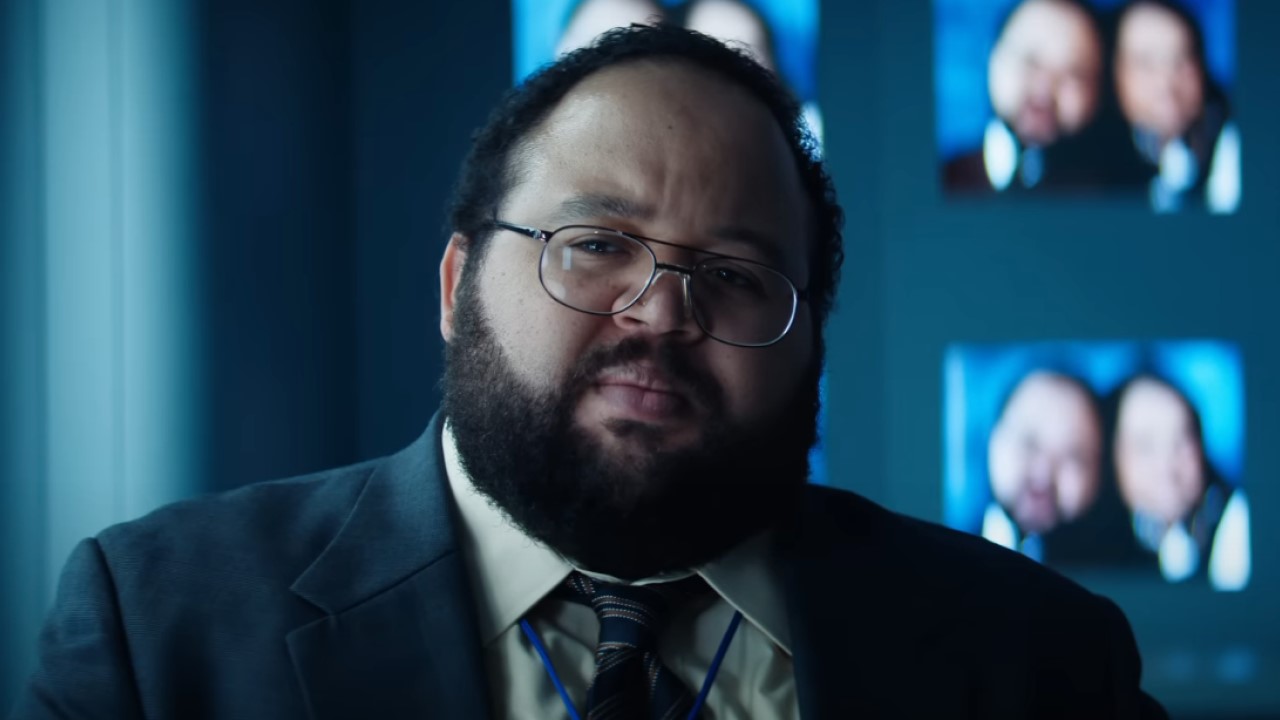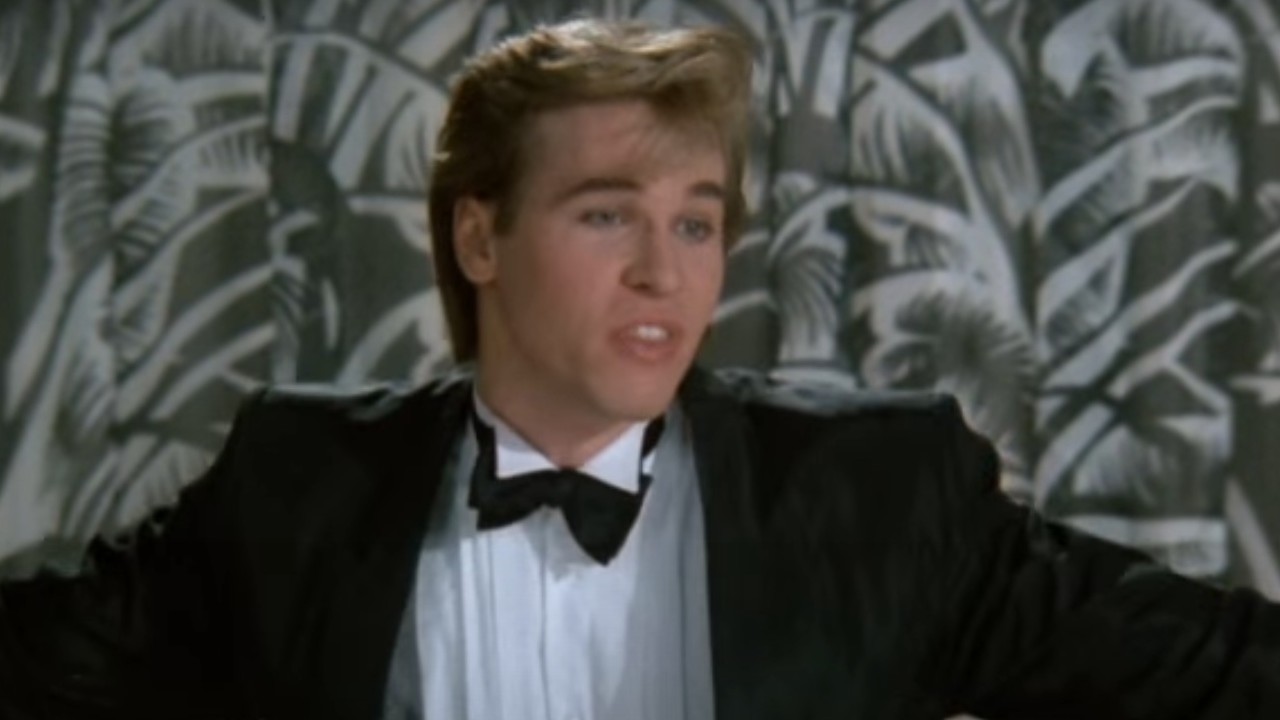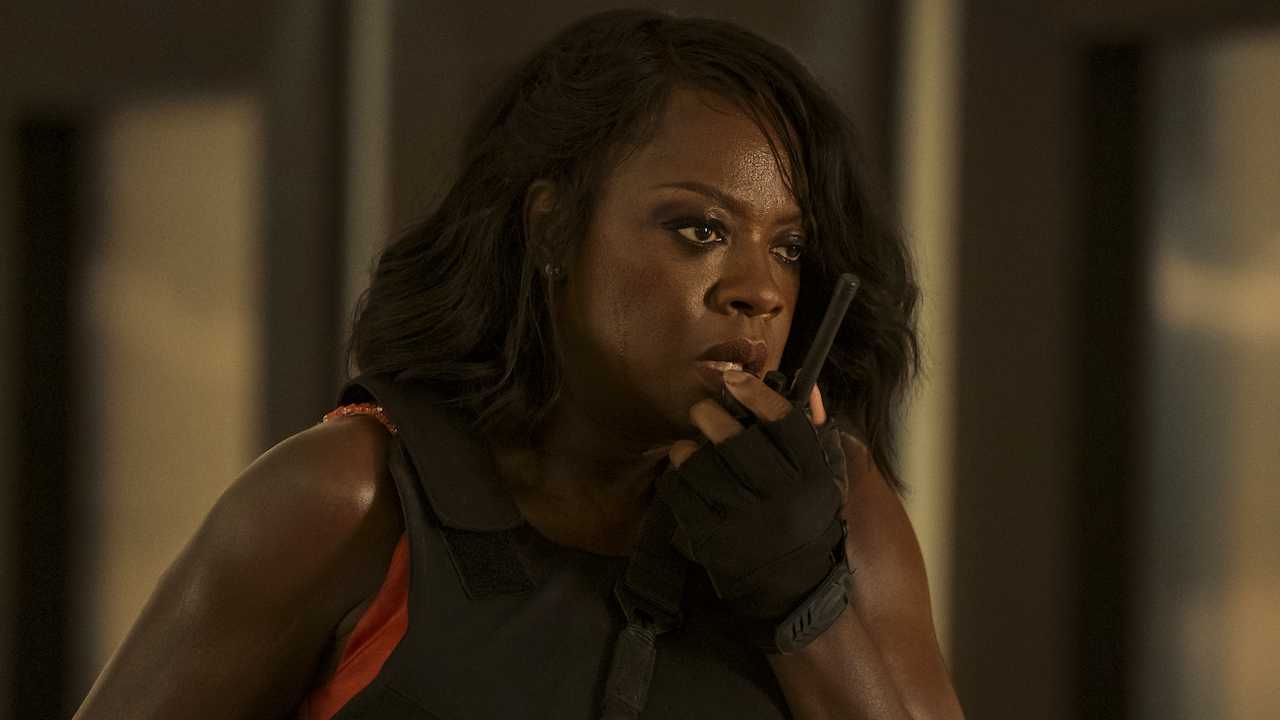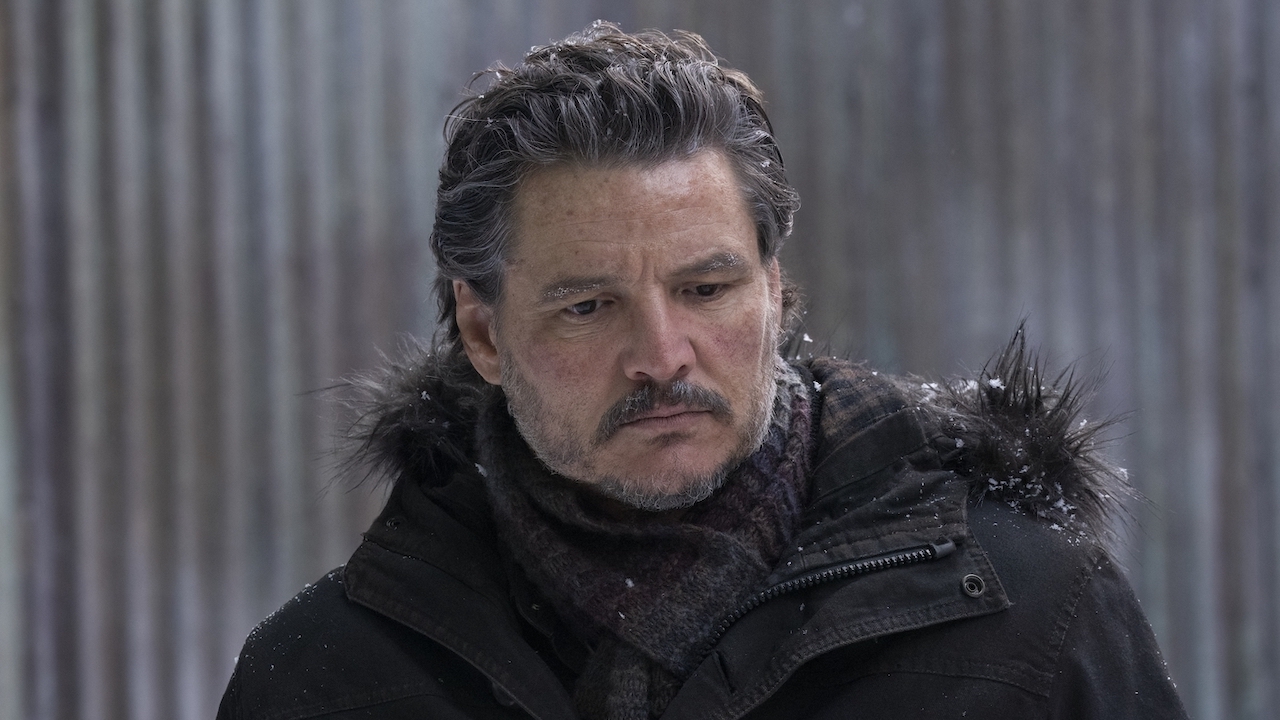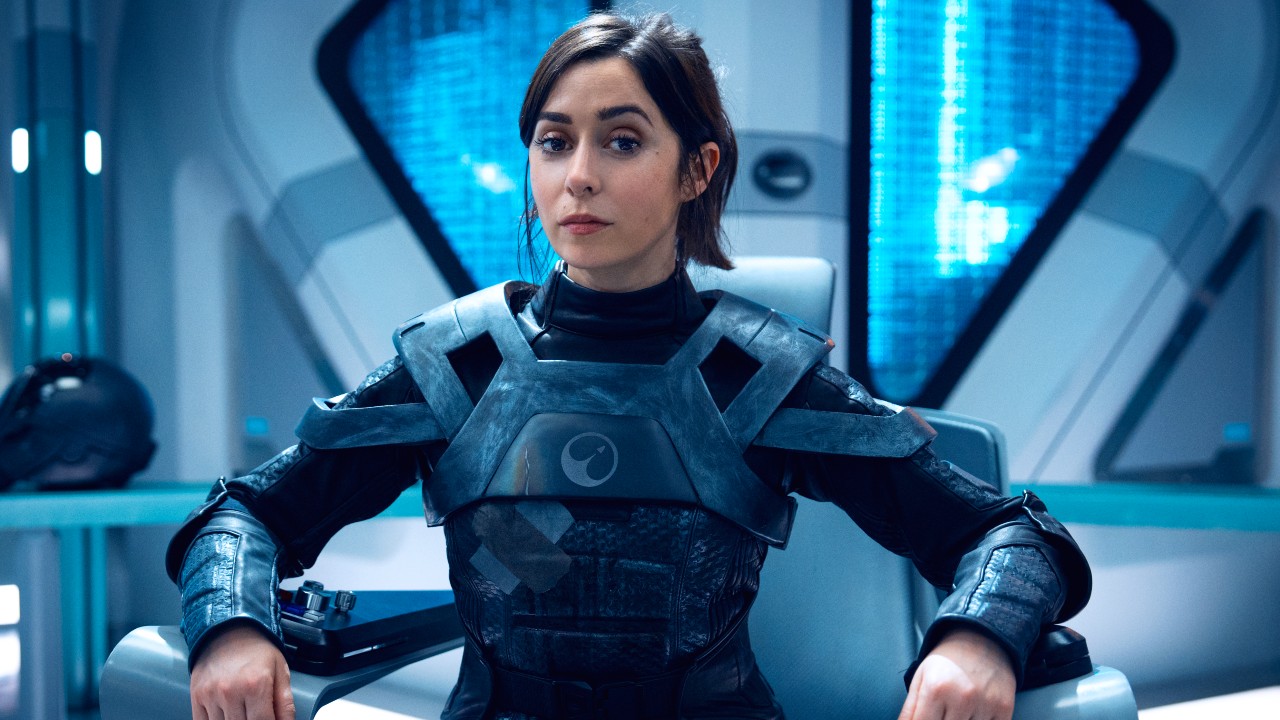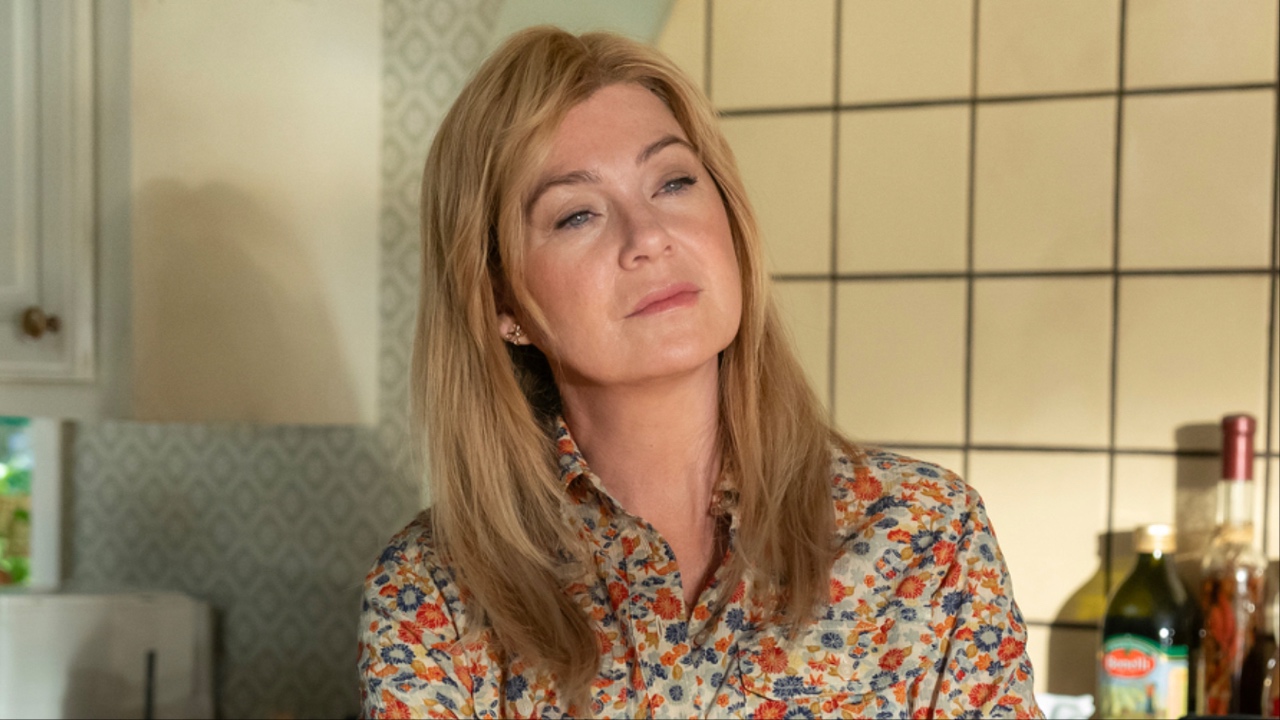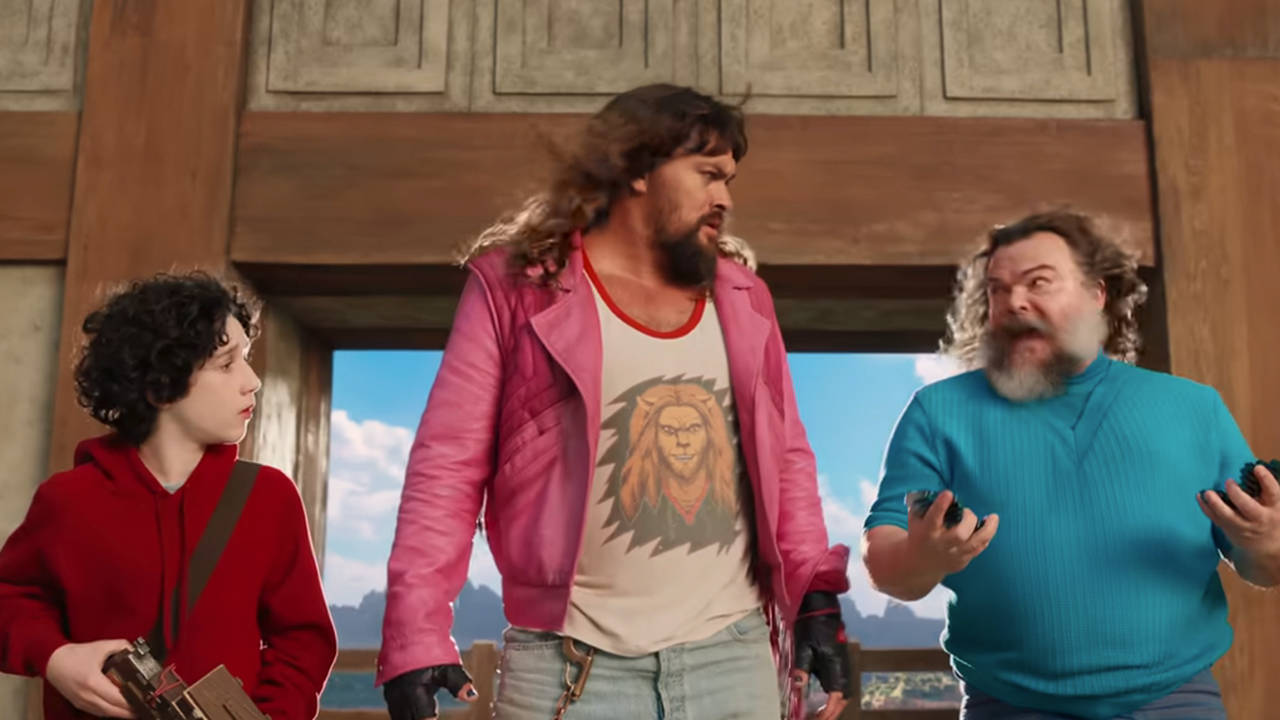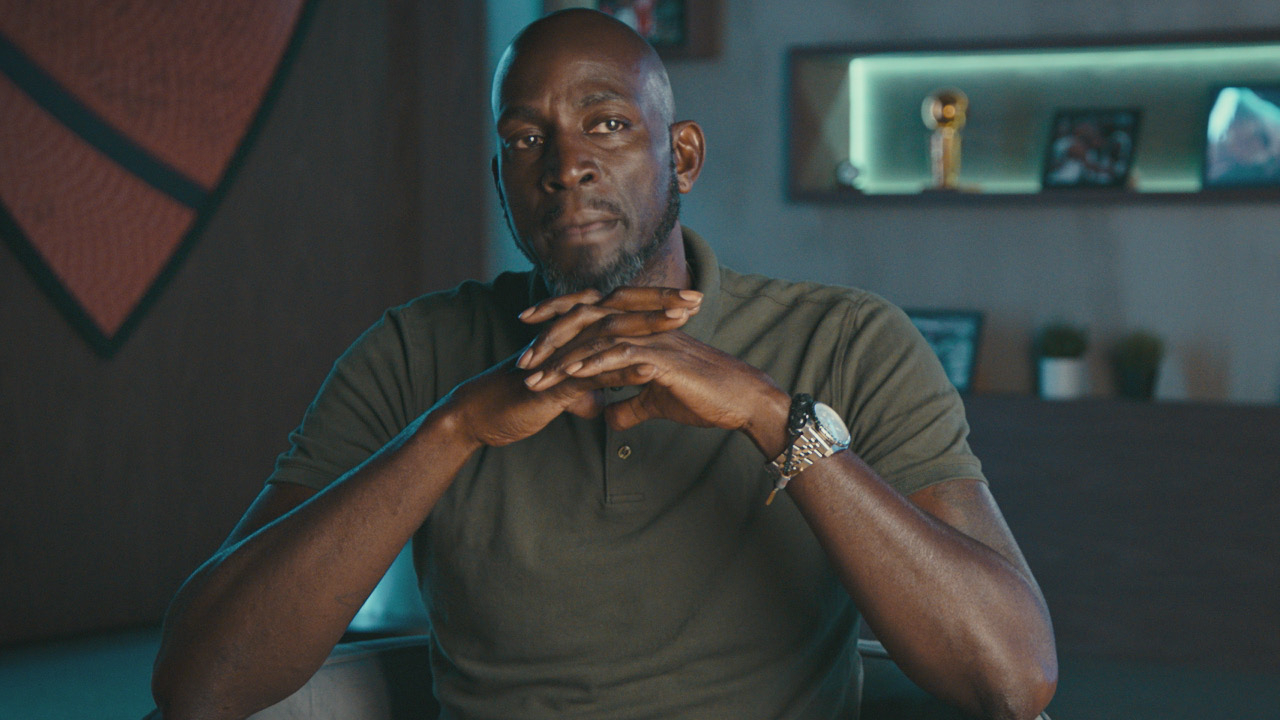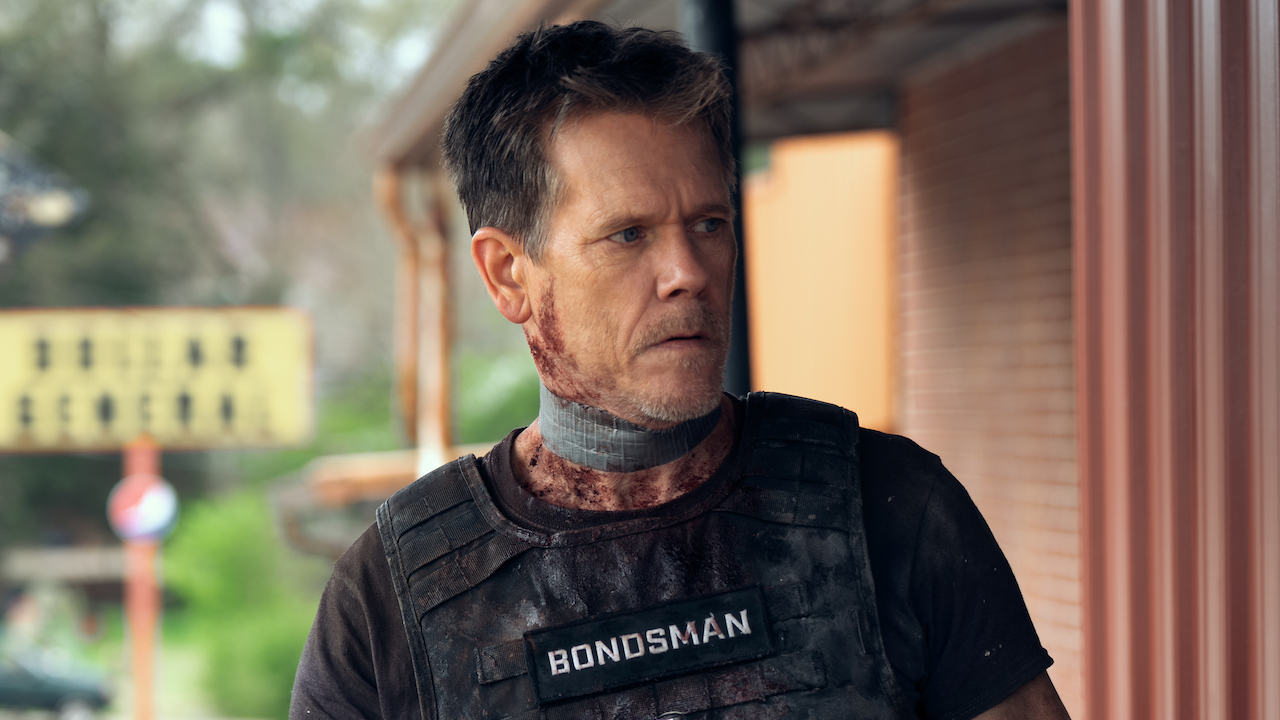Adapting Stephen King's Hearts In Atlantis: The 2001 Film Is A Dark Tower Movie Minus All The Dark Tower Stuff
Anthony Hopkins is great, but the movie...
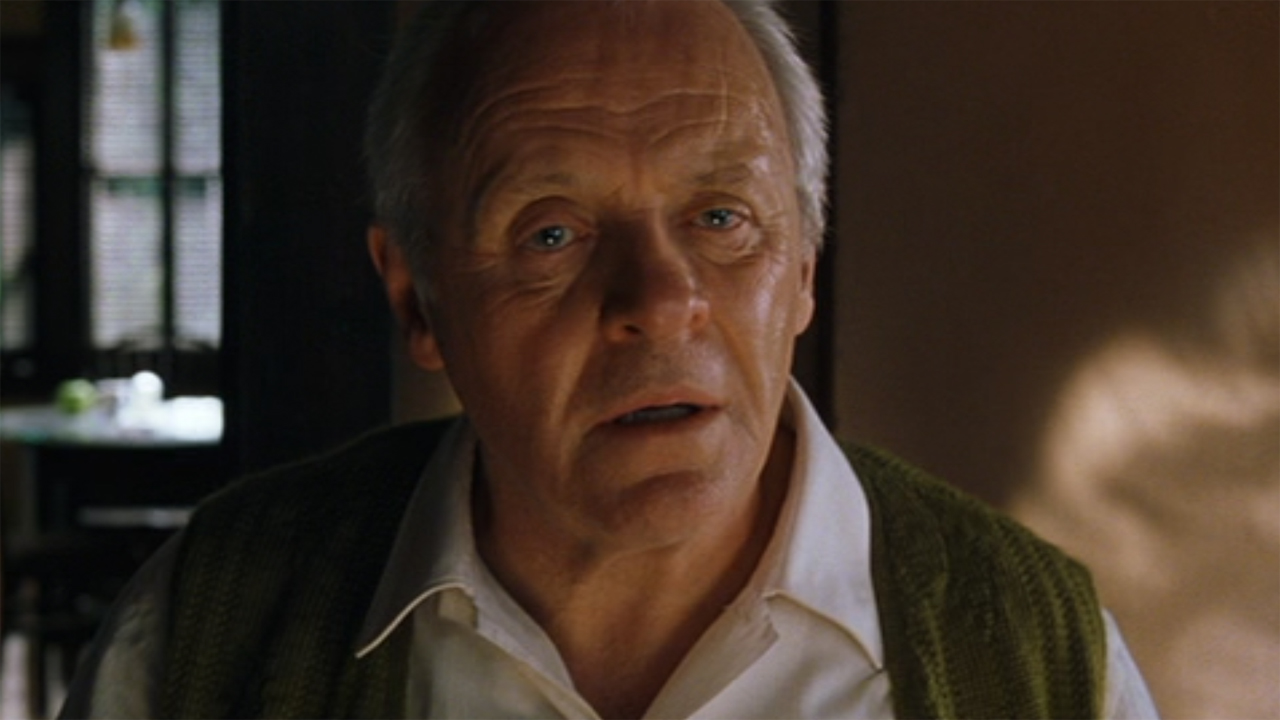
By the turn of the century, Castle Rock Entertainment had turned Stephen King movies into a special niche. Obviously they weren’t the only studio producing adaptations in the 1990s, and their library was substantial beyond their King-derived projects, but between Rob Reiner’s Misery, Fraser C. Heston’s Needful Things, Taylor Hackford’s Dolores Claiborne, and Frank Darabont’s The Shawshank Redemption and The Green Mile, the films certainly had significant prominence in the catalogue.
The development of so many successful films generated a great deal of trust between Stephen King and Castle Rock – which was obviously fitting given that Rob Reiner named the company after the fictional setting of 1986’s Stand By Me (which is based on the King novella “The Body”). According to Tony Magistrale’s Hollywood’s Stephen King, there was a standing deal in place that would see Castle Rock Entertainment own the movie rights to a given story for the price of $1, but King got director, script, and cast approval, as well as five percent of the profits from the very first dollar.
The strength of this relationship led directly to the creation of director Scott Hicks’ Hearts In Atlantis – Castle Rock having acquired the rights to the book of the same name just months after its publication in 1999. Academy Award-winning screenwriter William Goldman, who had previously written the script for Misery, took a second crack at bringing Stephen King’s work to the big screen with the project… though the legacy of the final product is far more complicated.
Thanks to some major deviations from the source material, including the removal of any and all references to the beloved Dark Tower series, it’s a bit strange to compare the book and the movie, but that’s precisely what I’m doing in this week’s Adapting Stephen King.
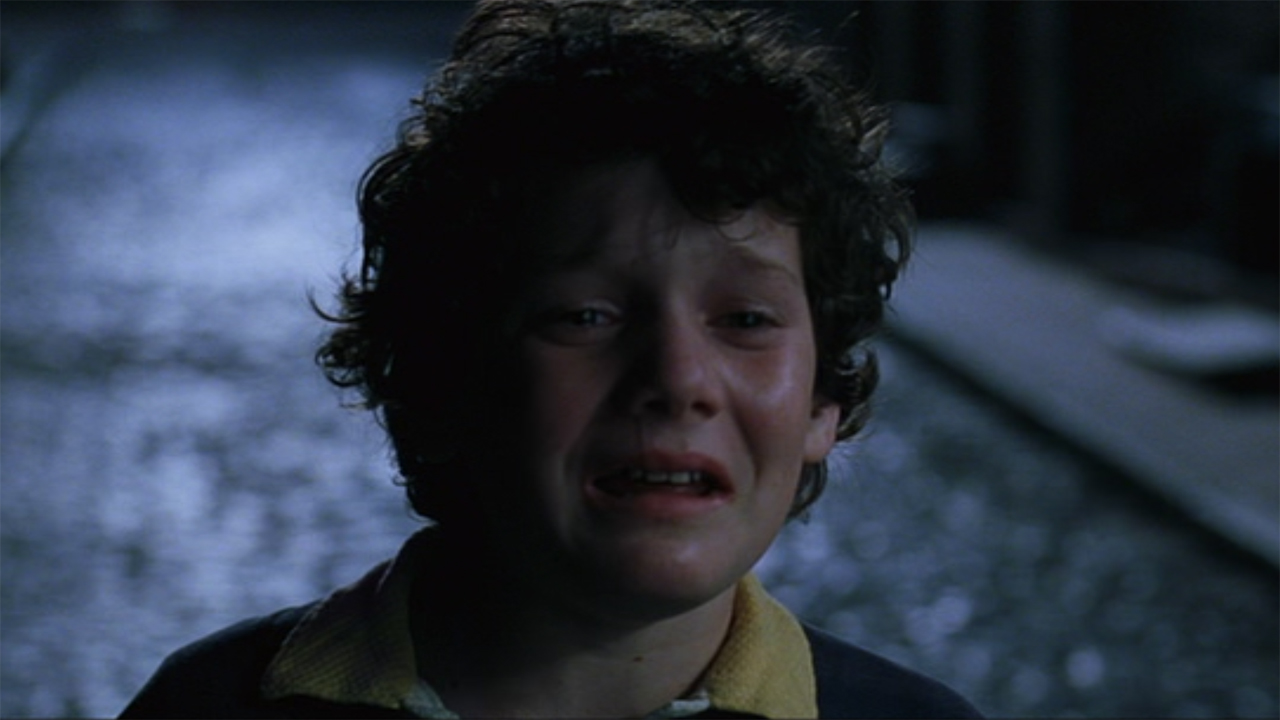
What Hearts In Atlantis Is About
As far as structure goes, Hearts In Atlantis is a unique tome in the Stephen King canon. It’s a novel in the sense that the whole book is dedicated to the stories of a specific group of characters, but there is also specific distinction between the five different sections, which read as four novellas and a short story.
“Low Men In Yellow Coats” introduces the primary protagonists – Bobby Garfield, Carol Gerber, and John Sullivan a.k.a. Sully-John – as children living in the town of Harwich, Connecticut in 1960. The stories “Hearts In Atlantis,” “Blind Willie,” and “Why We’re In Vietnam” in part trace Carol and John’s tragedy-filled journeys through the latter half of the 20th century, and “Heavenly Shades Of Night Are Falling” wraps up the narrative with Bobby returning to Harwich as an adult for John’s funeral and reuniting with Carol, his first love.
The book fittingly opens with an iconic Peter Fonda line from 1960’s Easy Rider – “We blew it” – as Hearts In Atlantis is Stephen King’s criticism of his own generation: the Baby Boomers. Great ideals and hopes of societal change from the middle of the 20th century result in disillusionment and heartbreak, from the jungles of Vietnam to extremist movements in California. As the table-setter for the book, “Low Men In Yellow Coats” is a kind of tragic coming-of-age tale that doesn’t see young Bobby Garfield have his eyes opened to a bright future ahead of him, but instead he previews the potential malice of adulthood.
CINEMABLEND NEWSLETTER
Your Daily Blend of Entertainment News
In his essay about the opening novella in the collection “Stephen King Goes To The Movies,” Stephen King writes,
“Low Men In Yellow Coats” is the story of a boy's awakening to the fact that adults are often fallible and sometimes cruel beyond belief.
Of course, darkness is accentuated in contrast to bright light, and in the childhood of Bobby Garfield that bright light is a mysterious man named Ted Brautigan. As he turns 11, Bobby meets the enigmatic middle-aged man when he rents the apartment above where the boy lives with his single mother, Liz. She is immediately distrustful of Ted, but the young protagonist develops a bond with the friendly stranger.
Ted offers Bobby a job that involves two tasks. The first is that the kid reads him stories from the newspaper every day… but that’s in actuality only a cover. The boy’s real mission is to keep an eye out for “low men” – seedy types who wear mustard colored jackets and drive around in flashy cars. Bobby is asked to look for signs of their presence, including chalk symbols drawn on the ground and upside-down lost pet posters.
These low men are on the hunt for Ted Brautigan because he’s not really from our reality, but instead from Mid-World – the primary setting of Stephen King’s Dark Tower series. He is a kind of psychic known as a Breaker, and (without getting lost in the details) he is hiding in Harwich after escaping incarceration and enslavement.
Bobby initially thinks that Ted might just be a little senile and paranoid, but as he begins to understand and appreciate the truth his connection with his magical neighbor deepens. Tragically, however, it’s a friendship that Liz is never able to trust, and unforgivable choices are made when conflict reaches a boiling point.
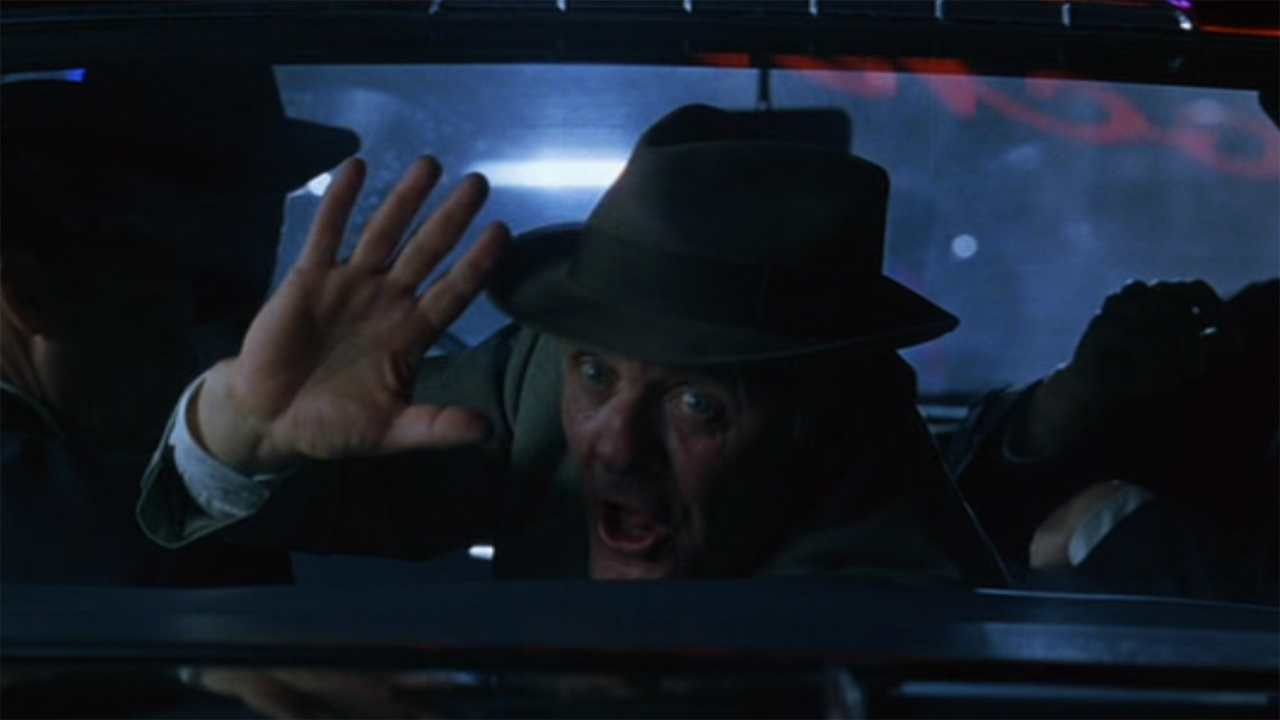
How Scott Hicks’ Hearts In Atlantis Differs From Stephen King’s Book
Under normal circumstances, I would use the section above to also describe the events that transpire in “Hearts In Atlantis,” “Blind Willie,” and “Why We’re In Vietnam,” but they aren’t actually pertinent to this conversation. In adapting the Stephen King “novel” as a film, screenwriter William Goldman opted to narrow the scope of the source material and focus specifically on “Low Men In Yellow Coats” – with the events of the capstone “Heavenly Shades Of Night Are Falling” being split in half and molded into narrative bookends. All of the other novellas are left untouched.
Of course, those aren’t the only cuts made by Hearts In Atlantis. While the book has deep ties to the Dark Tower series, every single thread of connection is severed and excised in the movie version. Unlike Stephen King’s version, we don’t learn anything about where Ted Brautigan (Anthony Hopkins) comes from, and the trances he goes into occasionally are left totally unexplained. There is brief suggestion that he is on the run from J. Edgar Hoover and the FBI’s recruitment of psychics in the fight against communism, but that’s as much depth as the movie provides regarding Brautigan’s circumstances and the motives of the low men.
Furthermore, Scott Hicks’ feature simplifies the low men to an extreme degree. They’re featured as standard government spooks in the film (ones that notably don’t wear yellow coats), while in the book they aren’t even human, but instead otherworldly creatures who wear disguises to blend in.
As far as the basic story is concerned, Hearts In Atlantis hits the vast majority of the plot points in “Low Men In Yellow Coats,” though there are some notable changes and omissions. For example, the movie never has Bobby (Anton Yelchin) read Lord Of The Flies as his big introduction to adult literature and ambiguous endings. Also not featured in the book is the scene where Ted stops a group of bullies from harassing Bobby and Carol (Mika Boorem) by threatening to expose the leader of the tormenters, Harry Doolin (Timmy Reifsnyder), as a crossdresser.
Hearts In Atlantis also creates very different endings for both “Low Men In Yellow Coats” and “Heavenly Shades Of Night Are Falling.” Not only does the movie cut out the scene where Ted gives himself over to the low men so that they will not harm Bobby, it also eliminates anything about how the whole experience puts the protagonist on a bit of a downward spiral. It cuts out how he ends up losing touch with Carol and Sully-John (Will Rothhaar) in the aftermath of his mom (Hope Davis) betraying Ted, and while Stephen King’s book has a scene where Bobby attacks Harry with a baseball bat in an act of vicious revenge, the movie turns it into a moment of heroic self-defense.
As for adapting “Heavenly Shades Of Night Are Falling,” adult Bobby Garfield (David Morse) is still featured returning to Harwich for John’s funeral – but the movie doesn’t see him reunite with Carol, who is going by the name Denise following her involvement with a militant activist group responsible for bombing a university campus lecture hall. Instead, Bobby gets confirmation that Carol has died, and by pure happenstance he runs into her daughter (also played by Mika Boorem).
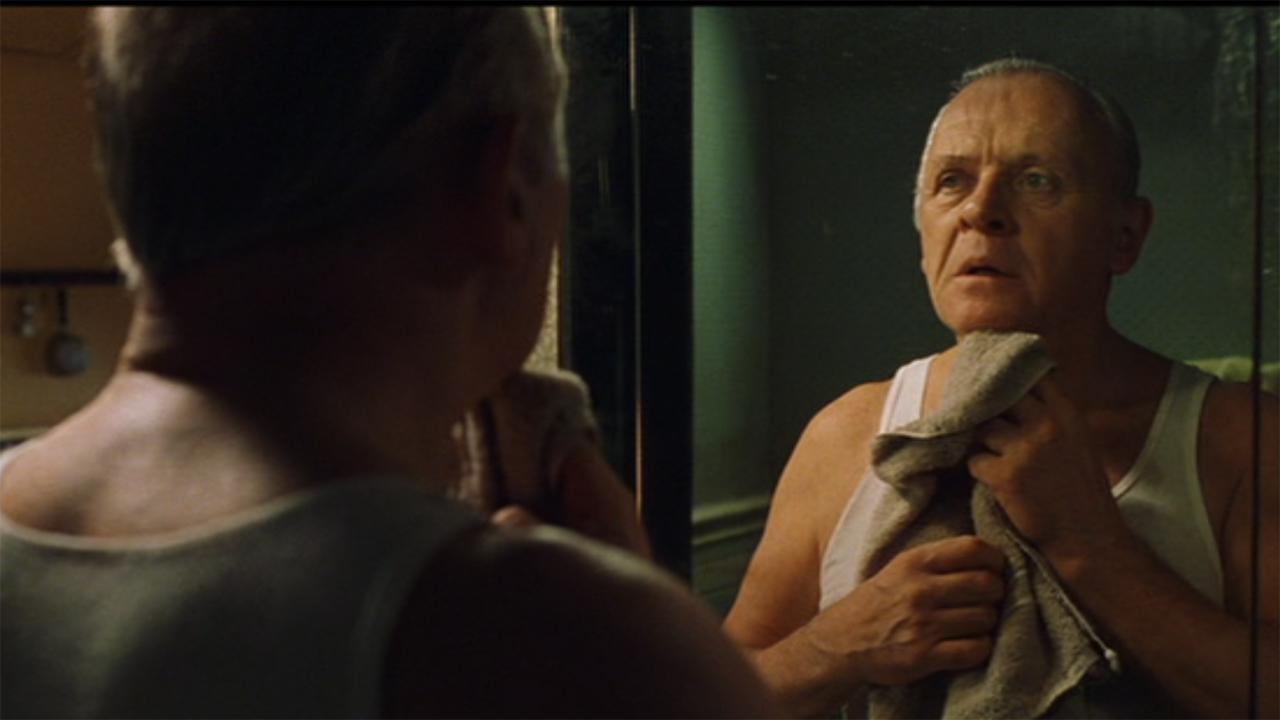
Is It Worthy Of The King?
Watching Hearts In Atlantis, Scott Hicks’ ambition is spectacularly clear: his goal is to create a prestige Stephen King adaptation that is powerful enough to stand side-by-side with Rob Reiner’s Stand By Me (not to mention the great Castle Rock hits of the 1990s – specifically Reiner’s Misery, Taylor Hackford’s Dolores Claiborne, and Frank Darabont’s The Shawshank Redemption and The Green Mile). The movie desperately wants to be considered a coming-of-age classic that audiences watch and relive their own childhood experiences.
The problem is that’s not really what Hearts In Atlantis is, and the manipulation of the material that is executed by Scott Hicks and William Goldman finds a way to drain any real meaning from the story so that it just becomes a non-functioning nostalgia machine.
It all comes down to what the adaptation opts not to include, rendering the movie as the cinematic equivalent of an empty suit. It hones in well on the strong bond that is created between Bobby Garfield and Ted Brautigan (Anton Yelchin and Anthony Hopkins are both wonderful), and it grasps the conflict that comes with Liz’s disapproval of their friendship, but without contextualizing Ted or engaging with Stephen King’s generational criticism, the film has no substance and makes no impact.
Listening to the Hearts In Atlantis DVD director commentary, it sounds like Scott Hicks never even heard of The Dark Tower (he repeatedly refers to Ted and the low men as “aliens” in the context of the source material), and it is understandable that the backstory was deemed unnecessary for a standalone adaptation – but the problem is that the movie only subtracts and doesn’t replace. Everything about Ted’s past and powers is kept ambiguous, and it has the effect of draining the character of important substance that makes him more than a random stranger who pops into Bobby’s life. In Stephen King’s own words from his Stephen King Goes To The Movies essay,
Without the underlying reason for Ted's fugitive status in the town of Harwich (which I won't mention here lest I be found guilty of committing the dreaded SPOILER), the movie's motivation first grew thin... and then just disappeared.
Even without the Dark Tower material, Hearts In Atlantis could still be a good adaptation had it maintained the cynical intent of the author. It doesn’t, though, as there is instead the greater ambition to make the movie the next Stand By Me (it even goes as far to make Will Rothhaar’s Sully-John look like a clone of River Phoenix’s Chris Chambers, the character first appearing on screen wearing an identical plain white tee-shirt and jeans). The film removes all of the important anger and hurt in “Low Men In Yellow Coats” and the melancholy of “Heavenly Shades Of Night Are Falling” in the aim of generating an air of wistful reminiscence, but it’s really just a generic candy-coated vision of the past – which, again, it’s not at all meant to be.
Hearts In Atlantis isn’t so much “bad” as it is wrongheaded, and kind of a mystery given the creative power Stephen King was given by Castle Rock Entertainment. I suppose the silver lining is that it’s not the nadir of the creative relationship, as the movie with that particular reputation won’t be the focus of this column for another month…
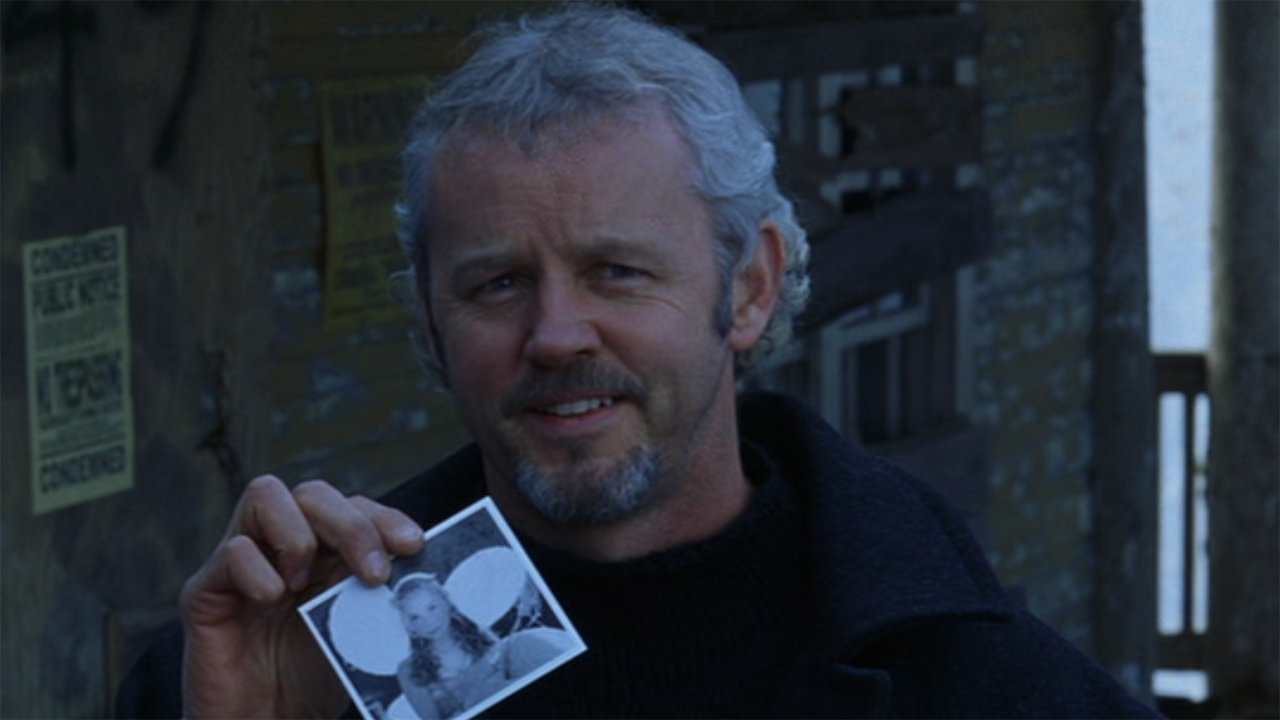
How To Watch Scott Hicks’ Hearts In Atlantis
For those building the Ultimate Stephen King collection, Scott Hicks’ Hearts In Atlantis is a widely available movie… but it's only available on DVD (no Blu-ray yet), meaning your only option to watch it in HD is to go digital. The film is presently available to stream on HBO Max. You can also rent or purchase it at most major online outlets, including Google, Amazon, Apple, and Vudu.
Coming up next week, Adapting Stephen King has a special subject lined up, as I’ll be looking back on what is to date still the longest running TV series ever made based on a Stephen King book: the USA Network series The Dead Zone, created by Shawn and Michael Piller. Look for the feature in the CinemaBlend Television section next Wednesday, and meanwhile you can explore previous columns by clicking through the banners below.







Eric Eisenberg is the Assistant Managing Editor at CinemaBlend. After graduating Boston University and earning a bachelor’s degree in journalism, he took a part-time job as a staff writer for CinemaBlend, and after six months was offered the opportunity to move to Los Angeles and take on a newly created West Coast Editor position. Over a decade later, he's continuing to advance his interests and expertise. In addition to conducting filmmaker interviews and contributing to the news and feature content of the site, Eric also oversees the Movie Reviews section, writes the the weekend box office report (published Sundays), and is the site's resident Stephen King expert. He has two King-related columns.
